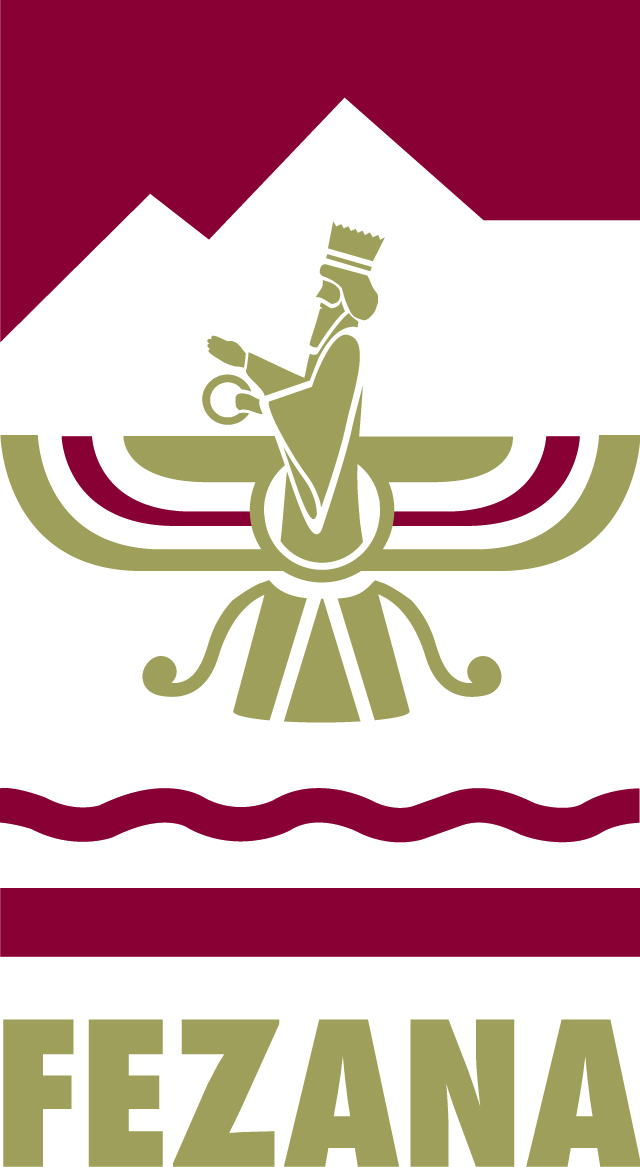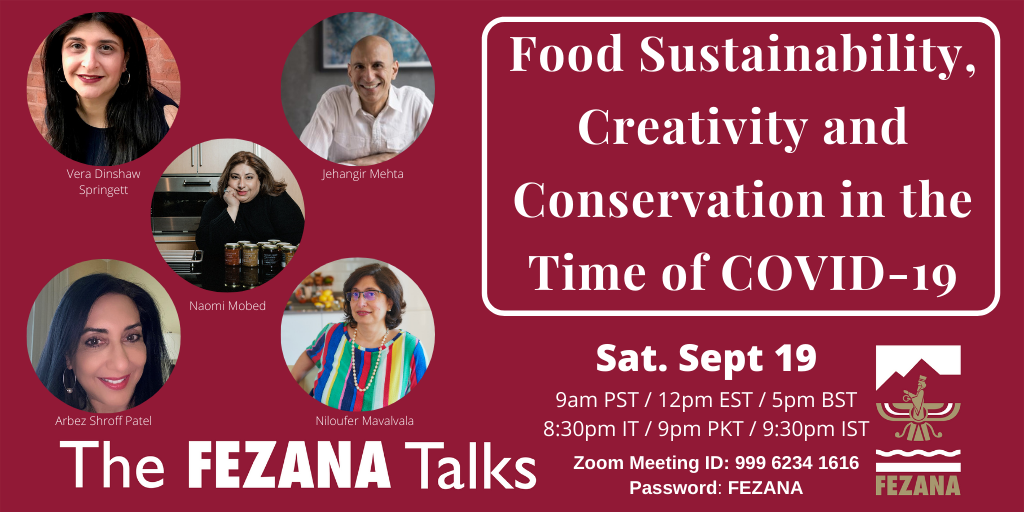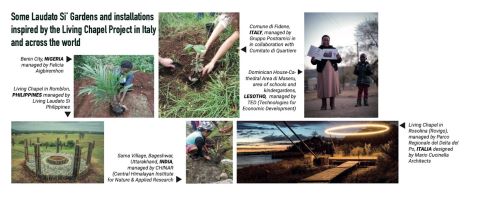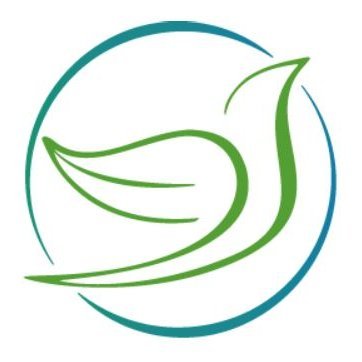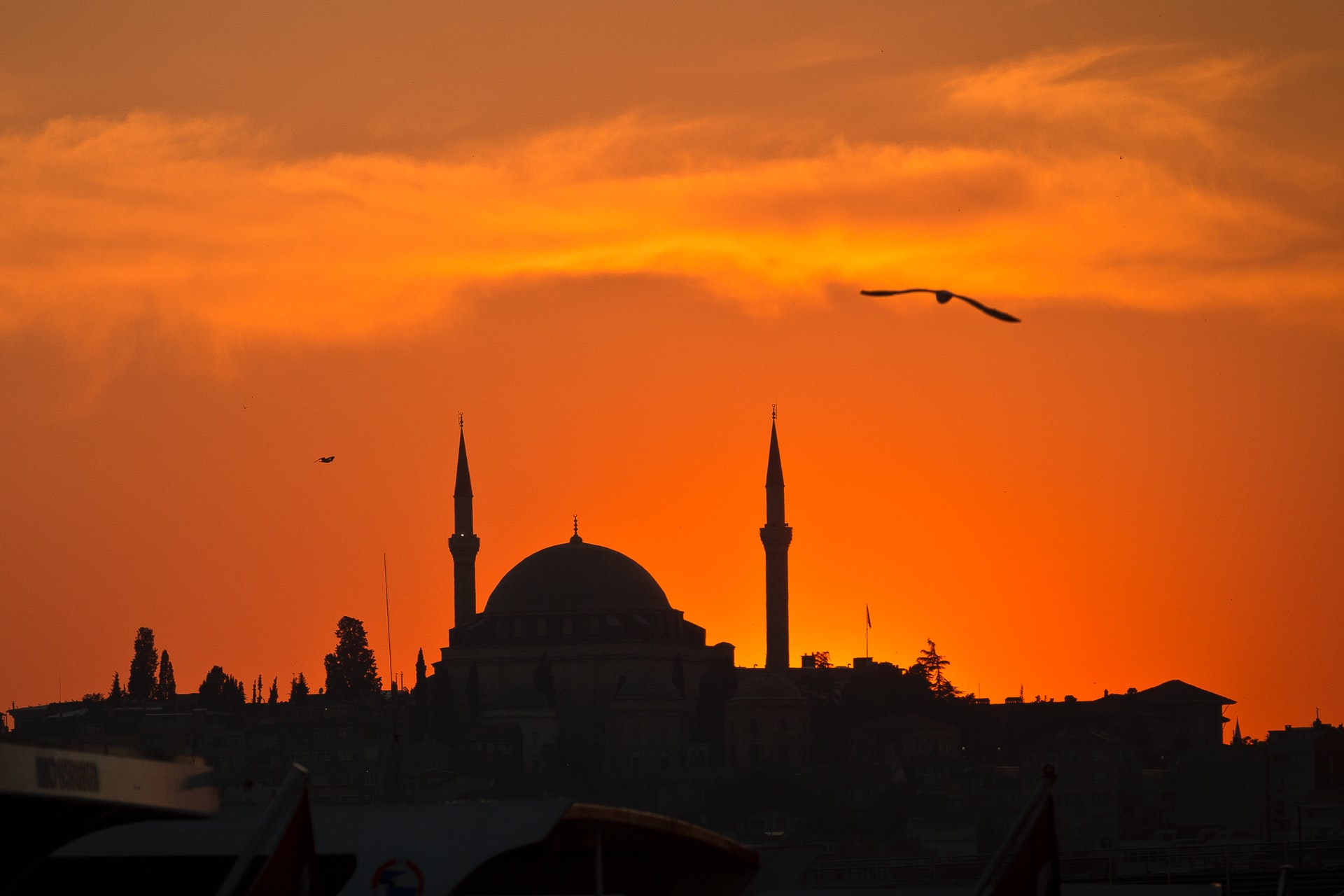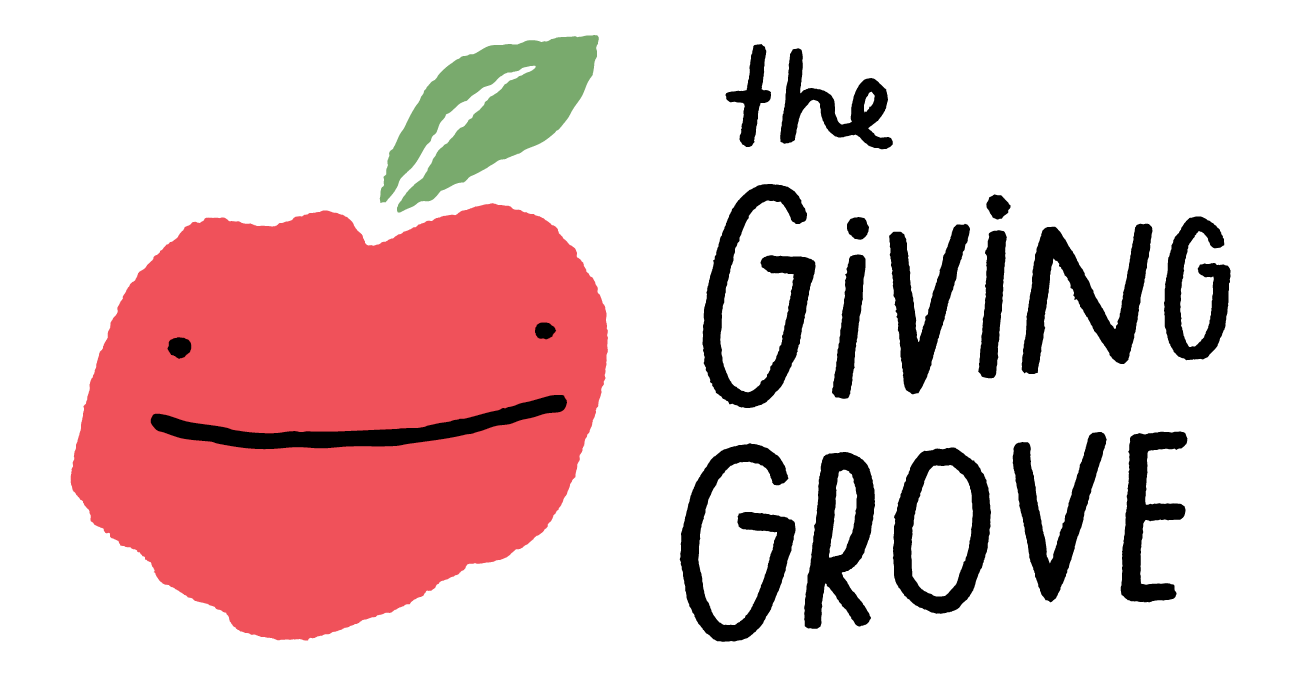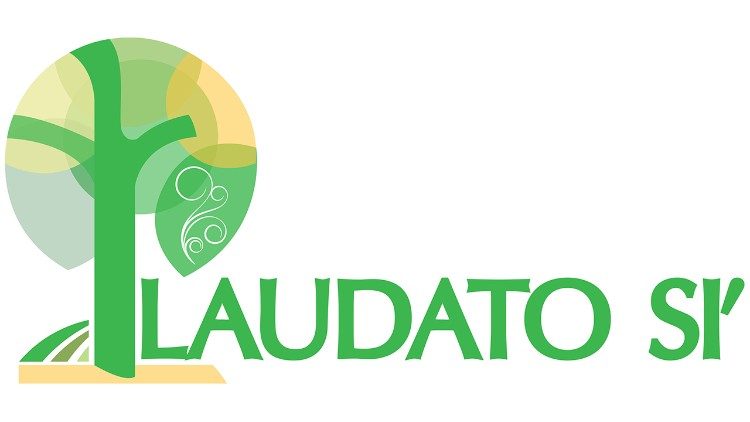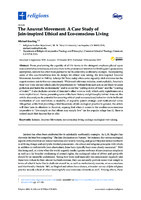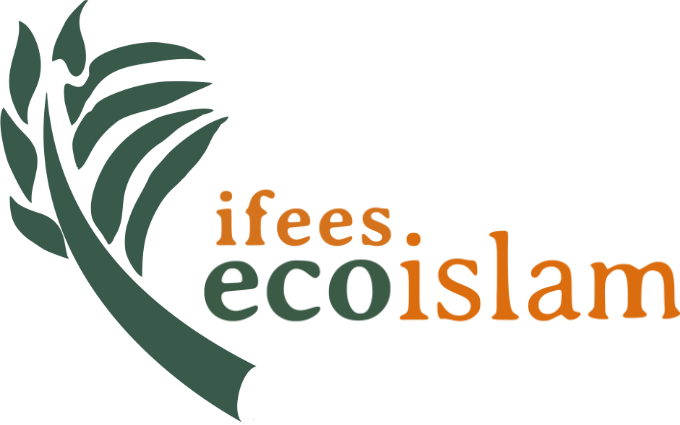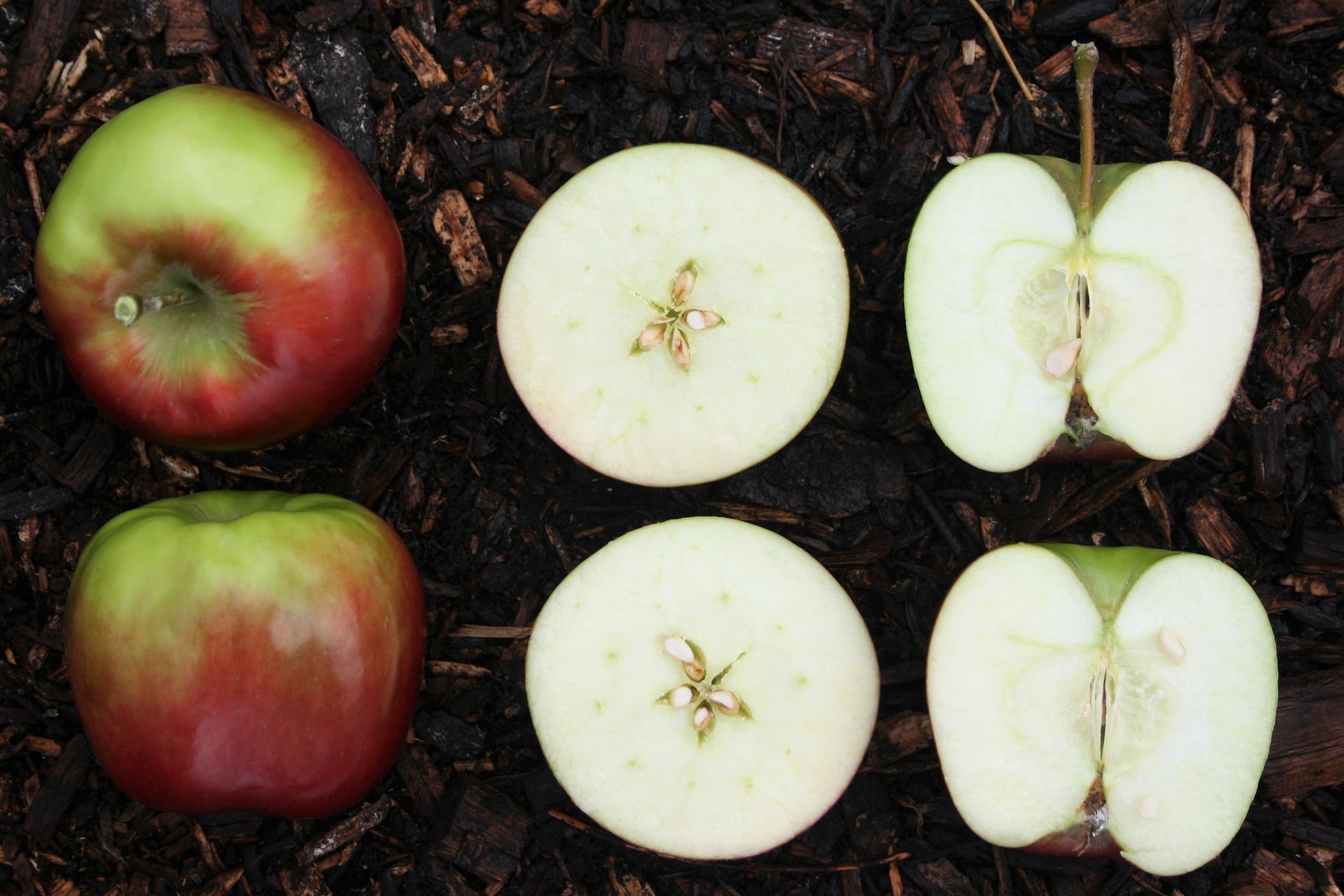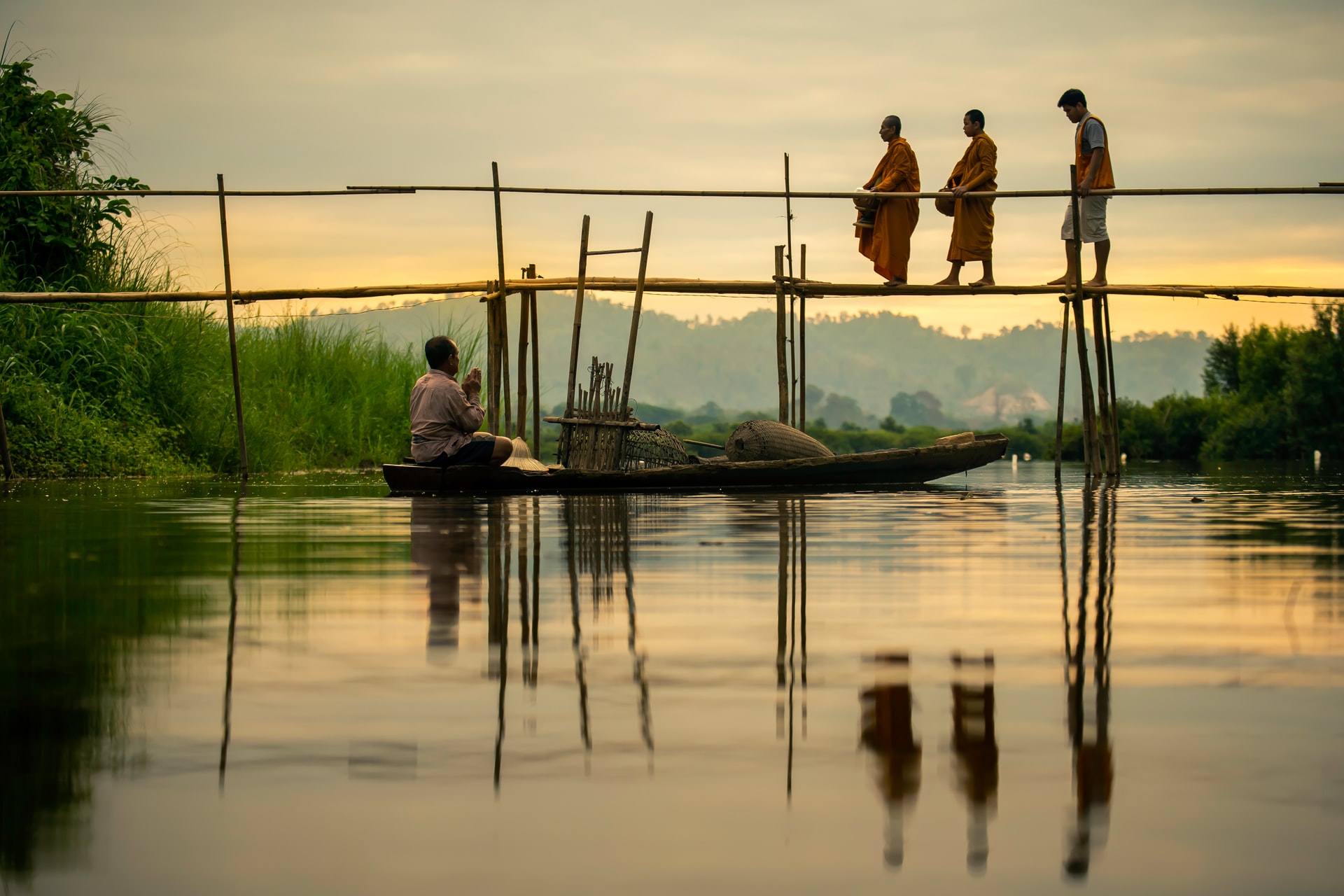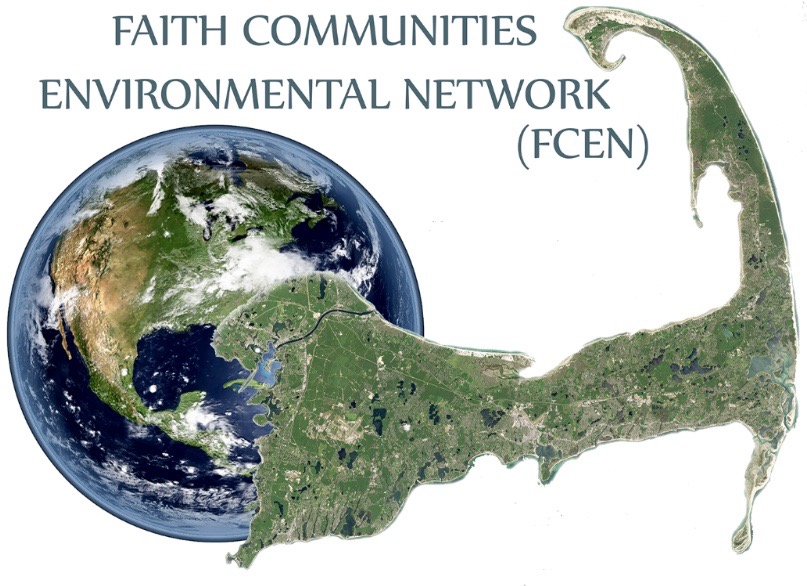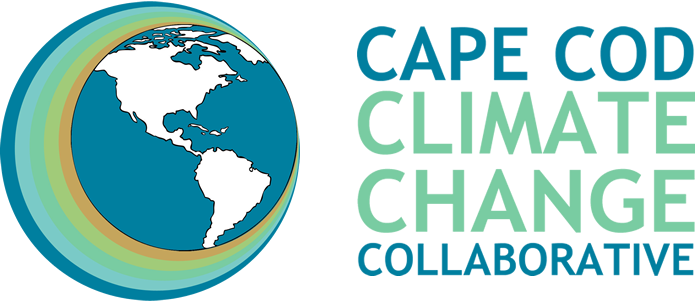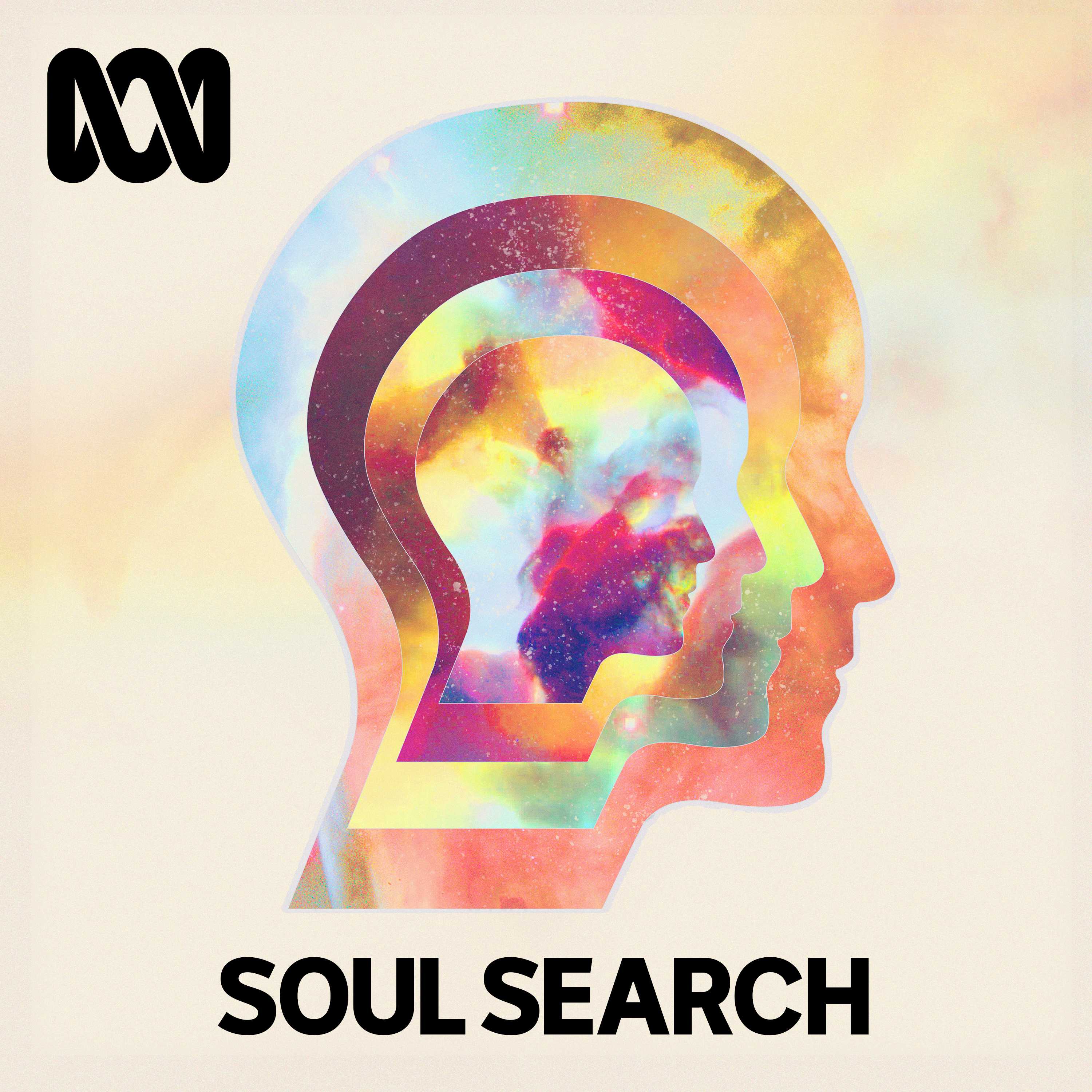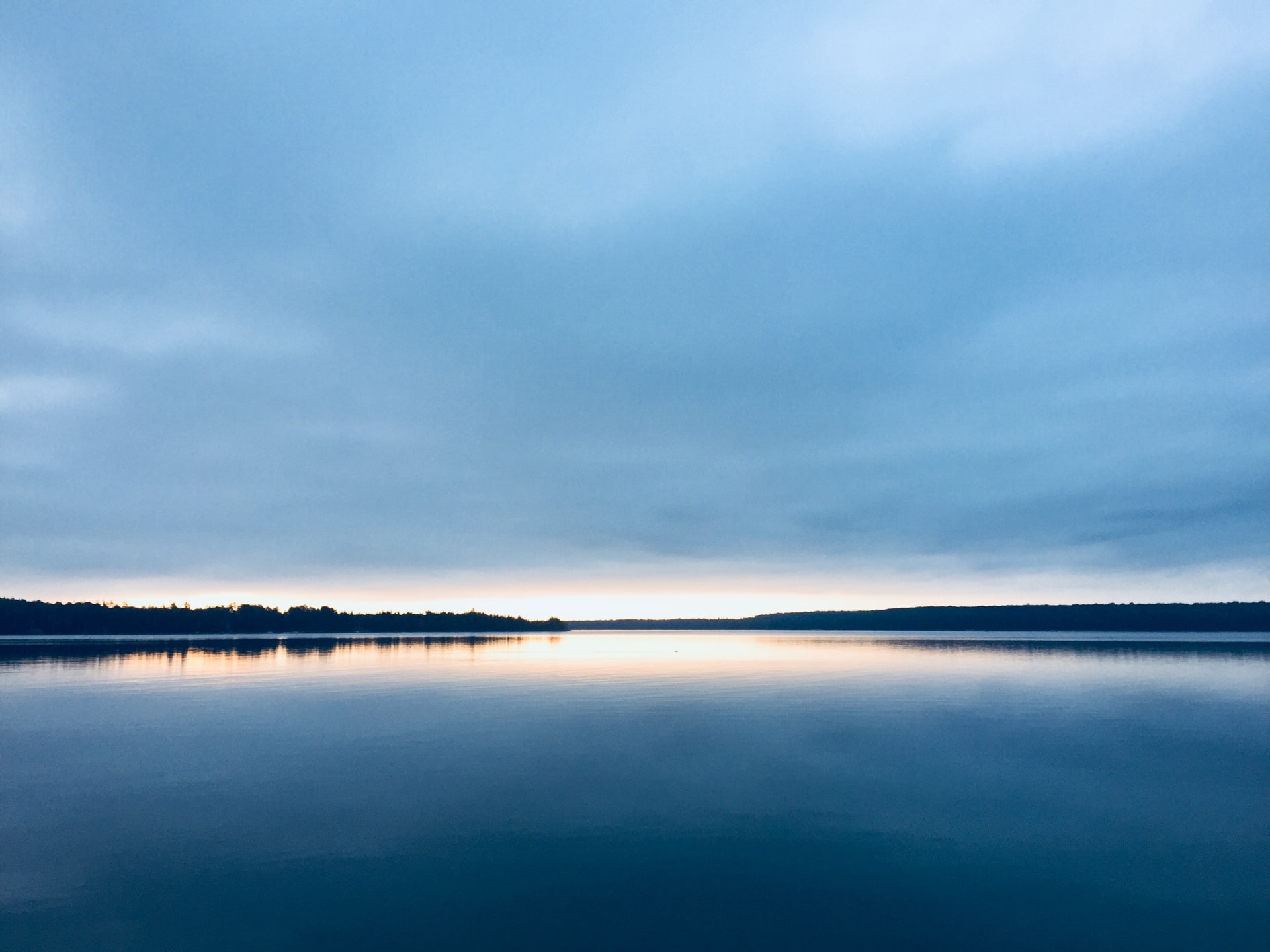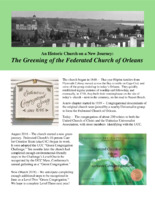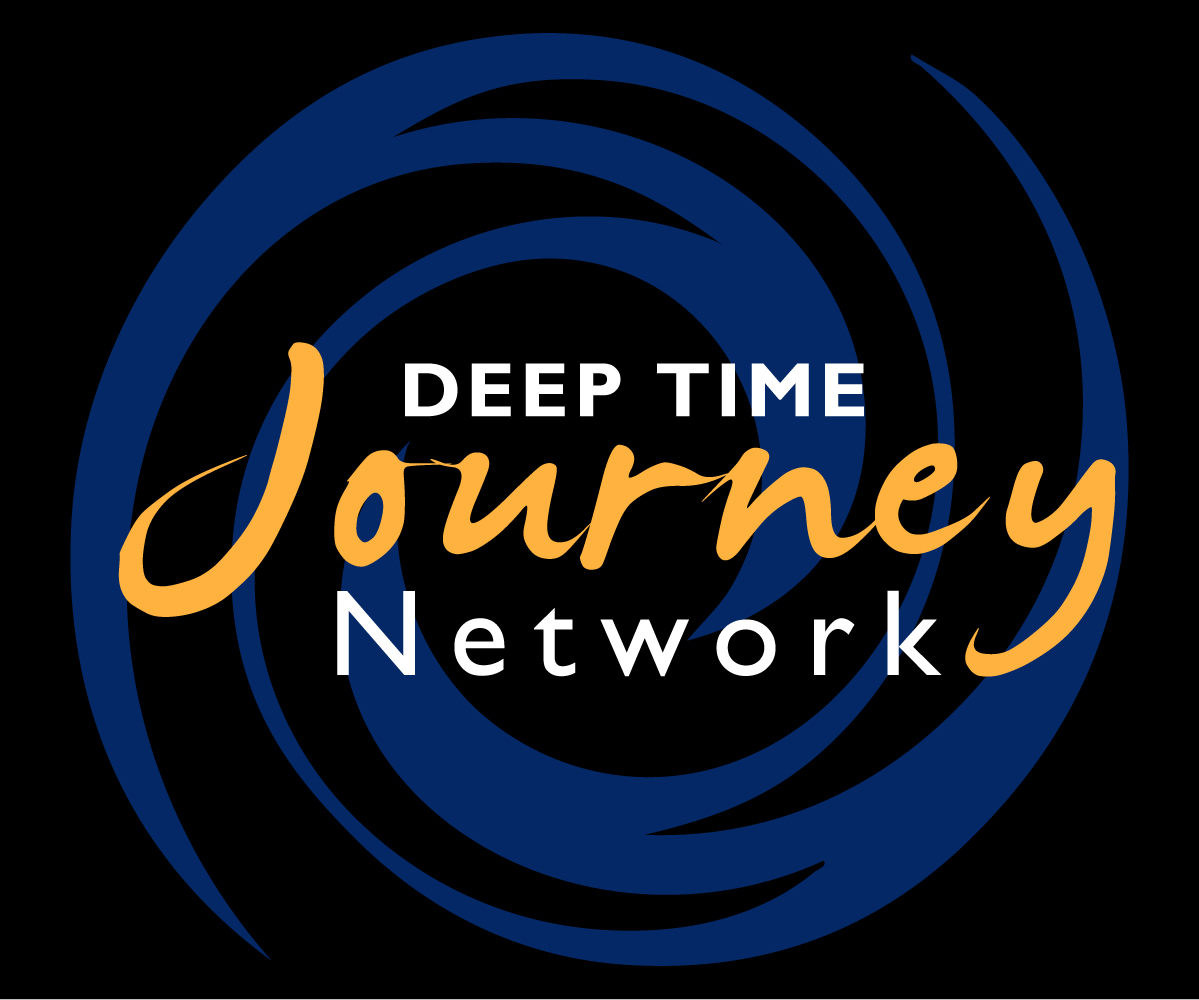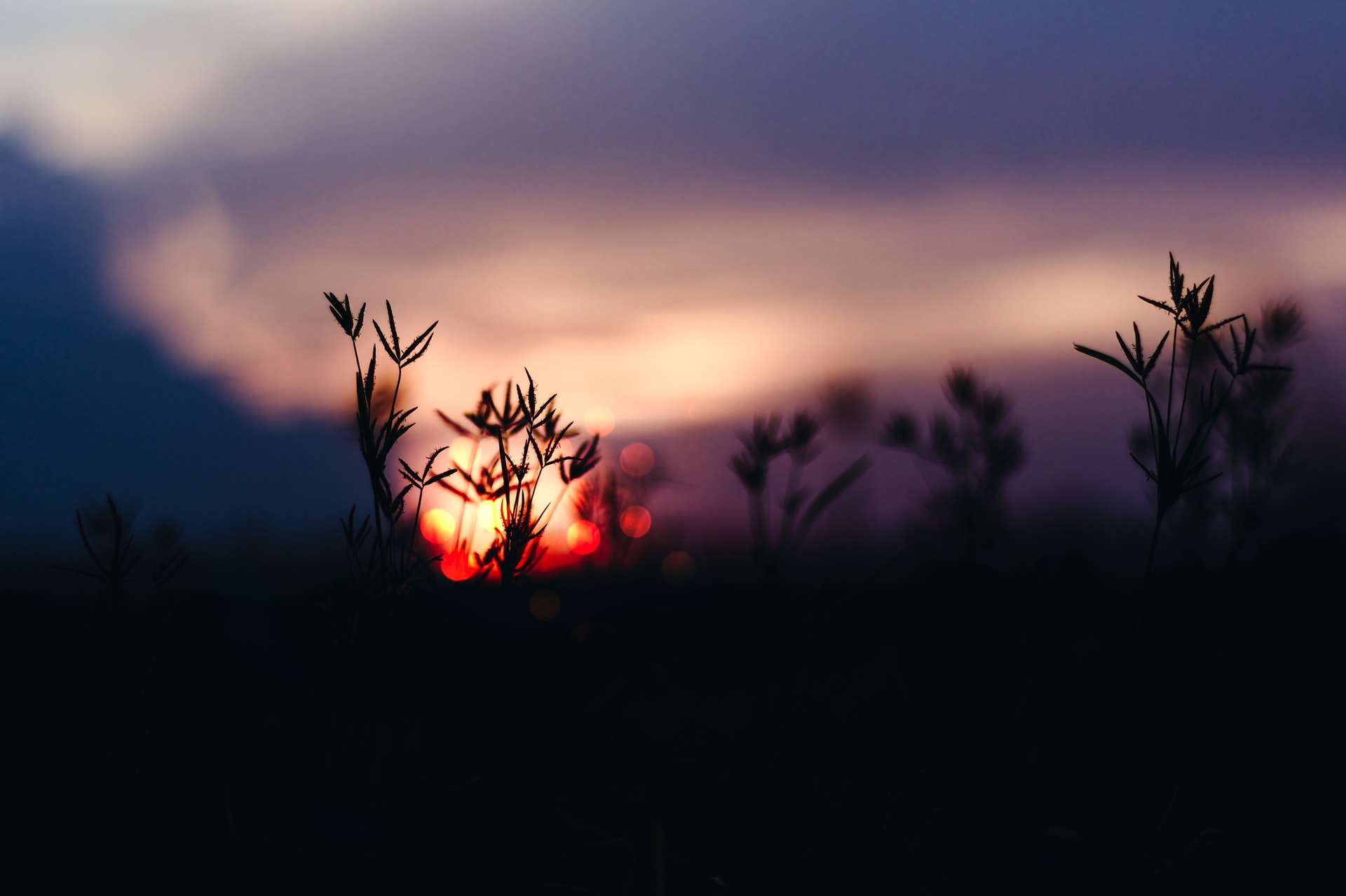Search
103 items
-
Federation of Zoroastrian Associations of North America (FEZANA)
FEZANA is a non-profit religious group registered in the state of Illinois and formed to function as the coordinating organization for Zoroastrian Associations of North America. It serves as the coordinating body for 27 Zoroastrian Associations in the United States and Canada.
On this website, you can learn more about the community of FEZANA , Zoroastrianism, their sustainability reports and other social activities.
-
The FEZANA Talks #9: Food Sustainability, Creativity & Conservation During COVID-19
COVID has changed the way we eat, cook and live in many ways — good and bad. This discussion hosted by FEZANA (the Federation of Zoroastrian Associations of North America) focuses on the impact of the pandemic on the food supply chain, and how it affected the availability of the basics, leading people to get more creative in the kitchen. Everything from making our own bread to using leftovers to create new unexpected meals, has allowed people to ramp up their cooking skills, rely on sustainability and be more conscious of food wastage. Historically resembling the ways of our ancestors. -
Laudato Si’ Gardens in Schools and Institutions across Italy
The Living Chapel is expanding outreach for Laudato Si' Gardens to spaces managed by schools, governmental and non-governmental organizations encouraging participation in caring for our common home by supplying indigenous young plant species to various regions. This project distributes young plants throughout Italy for the recovery of degraded areas.
Outside Italy, Laudato Si’ Gardens shared a Four Element Package that symbolizes Air, Earth, Water, and Fire. -
The Living Chapel
The Living Chapel holds the sacrality of life at its core. It embodies a call to hope: a hope for a world in which the sacrality of life is truly recognized and felt by every being to give rise to a kinder, more compassionate, more peaceful life.
In partnership with the Food and Agriculture Organization of the United Nations, Plant for the Planet, and the Global Catholic Climate Movement, the Living Chapel will join the UN Environmental Programme's One Trillion Tree Movement, inspiring the public to reconnect with nature and providing a vehicle for intercultural and interfaith collaboration to restore our common home through the creation of Laudato Si' Gardens and Living Sacred Spaces. -
Green Muslims Ramadan Toolkit
Ramadan is a time to reflect, exercise self-control, and cultivate connections to one's faith. This three-part toolkit hopes to enhance the Ramadan experience using those same concepts but building more environmentally friendly habits while connecting one
with their faith in a unique way.
Each day highlights an Ayah, a quote, or a hadith that aspires to inspire you to action. The “challenge yourself” section of the day gives you a suggestion on how to adjust your habits, and the “reflection” section hopes to help you analyze your current habits in order to make the habit-forming both action-oriented and intellectual. -
Green Umbrella Impact Team: Faith Communities Go Green
MISSION: Partnering with religious communities to create a more sustainable and equitable future for all by mobilizing their moral voice to reduce the risk of catastrophic climate change.
VISION: Religious communities collaborating to integrate care for creation in their lives and society. -
The Giving Grove
The mission of the Giving Grove is to provide healthy calories, strengthen community and improve the urban environment through a nationwide network of sustainable little orchards to dramatically increase access to healthy food.
The Giving Grove envisions:
- thousands of little orchards in food insecure urban neighborhoods across the nation;
- a system of local food production that feeds people for decades;
- a national network of neighborhood stewards trained in holistic methods for growing fruit; and
- urban neighborhoods transformed by their own work and generosity. -
Interfaith Cincy
Interfaith Cincy seeks out religious groups and the services they provide in order to enable them to expand their capacity. The website provides a communication network for individuals to share success stories and their best ideas. We use our academic resources to objectively represent the variety of organizations that we have encountered in a growing directory.
InterfaithCincy.org is also an educational tool designed to strengthen interfaith dialogue. -
Laudato Si' Action Platform
The Laudato Si' Action Platform is a collaboration between the Vatican, an international coalition of Catholic organizations, and "all people of good will." Rooted in the strengths and realities of communities around the world, the platform takes a group-up approach to empower all to take "decisive action, here and now" as we journey towards a better future together.
The platform offers:
- Laudato Si Plans for institutions, communities, and families to use and implement their response to Laudato Si'
- A process-oriented approach
- Practical guidance on actions that help build a better future through the Laudato Si’ Goals
- Recognition of progress -
Ecological Consciousness in Jainism: Exploring Realities, Constraints, and Traditions
This paper explores the traditions and philosophies of Jainism and how that influences its connection to the environment. The author explains the Jainism cosmology and the distinction between different senses as they apply to animate and inanimate beings. Jain literature understands human connections to the world with an emphasis on the interconnectedness of life forms. To Jains, environmental concerns cannot be separated from socio-economic concerns. -
The Islamic Foundation for Ecology and Environmental Sciences (IFEES)
The Islamic Foundation for Ecology and Environmental Sciences (IFEES) is a foundation founded in the United Kingdom committed to the preservation of the Earth as a healthy environment for all living things. This is also a call on Muslims to live up to their obligations as guardians of Allah's creation (Khalaifa - Qur'an 6:165) and endeavor to ensure that future generations inherit a livable planet.
"Our exertions since the mid-1980s have been directed towards creating mass awareness and include research, the production of teaching materials, training, and project development and we offer this work as a gift to our fellow humans whoever and wherever they may be." -
The 12 Principles of Permaculture: A Way Forward
This blog article describes the basics of permaculture (permanent culture). Permaculture is rooted in the observation of natural systems and indigenous knowledge. The author introduces the solution permaculture offers to help us transition to a more resilient, ethical, and sustainable future better for the planet and its inhabitants. -
Wendell Berry and Ellen Davis: The Art of Being Creatures (Episode from On Being)
In this intimate conversation between Krista and one of her beloved teachers, we ponder the world and our place in it, through sacred text, with fresh eyes. We’re accompanied by the meditative and prophetic poetry of Wendell Berry, read for us from his home in Kentucky: “Stay away from anything / that obscures the place it is in. / There are no unsacred places; / there are only sacred places / and desecrated places. / Accept what comes of silence.” -
On Being with Krista Tippett
The On Being Project is a nonprofit media and public life initiative. We make a public radio show, podcasts, and tools for the art of living. Six grounding virtues guide everything we do. We explore the intersection of spiritual inquiry, science, social healing, community, poetry, and the arts. We’re offering ongoing special content for this moment, including conversations about race and healing, “care packages” for care givers and uncertain times, and a new way to experience poetry.
A Peabody Award-winning public radio show and podcast. What does it mean to be human? How do we want to live? And who will we be to each other? Each week a new discovery about the immensity of our lives. Hosted by Krista Tippett. -
How faith-based organizations are restoring nature
Many ecosystems around the world, from forests to coral reefs, are in decline, victims of pollution, climate change and resource extraction.
But faith-based organizations are increasingly stepping in to help repair these natural spaces. From projects to save Ethiopia's forests to yogic farming in India to botanic gardens in Qatar, in many cases, religious leaders have become environmental influencers, championing nature-based solutions that experts say are crucial to saving the ecosystems that underpin human society. -
Faith Communities Environmental Network (FCEN)
We are a community of diverse faith traditions networking together to advance the environment & Eco-justice through:
- Advocating for environmental and climate action including racial, economic and social justice in all of our work
- Learning together and sharing best practices
- Building a diverse community that inspires hope and action to protect the interdependent web of life -
The Cape Cod Climate Change Collaborative
Established in 2016, the Cape Cod Climate Change Collaborative is a coalition of Cape and Islands-based organizations, businesses and citizens whose mission is to unite available knowledge, resources, talent and tools to mitigate climate change impacts on Cape Cod, reduce greenhouse gas emissions, and work toward achieving “net zero”-based goals for the Cape & Islands. We seek to create conditions to foster innovative, feasible, cross-sector solutions to the climate crisis.
Board members include community leaders from across the region representing organizations such as the Association to Preserve Cape Cod, Cape Air, Cape Light Compact, Center for Coastal Studies, Friends of Pleasant Bay, Outer Cape Energize, Woods Hole Research Center, and numerous faith, educational, non-profit and business entities. -
Soul Search with Dr. Meredith Lake
Soul Search explores contemporary religion and spirituality from the inside out — what we believe, how we express it, and the difference it makes in our lives.
Airs Sunday 6 pm Repeated: Wednesday 11 pm, Thursday 12pm.
You can listen to this podcast on platforms such as Apple Podcasts, Google Podcasts, and ABC Listen App. -
Sacred landscapes: religion and ecology around the Pacific
To mark World Environment Day, on June 5, we begin a new series on religion and ecology.
From the church forests of Ethiopia to the mountains of Chinese Daoism, the sea-scapes of Pacific theology to the forest monasteries of Theravadin Buddhism, the three-part series of sacred landscapes will explore how religion and spirituality might matter in the Anthropocene. How do the places we love shape our sense of the sacred? And how are our spiritual lives nurtured by the bush, the mountains —or even the sea?
In the first episode, Mary Evelyn Tucker, co-founder and director of the Forum on Religion and Ecology at Yale University introduces us to the series.
We also hear from Rev Dr Jione Havea, a pastor from Tonga about what it means to belong to the islands and to their seas. Rev Havea works at the forefront of postcolonial hermeneutics and Pasifika theology. His books include ‘Indigenous Australia and the Unfinished Business of Theology’. -
The Greening of the Federated Church of Orleans
The church began in 1646 – That year Pilgrim families from Plymouth Colony moved across the Bay to settle on Cape Cod, and some of the group ended up in today’s Orleans. They quickly established regular patterns of worship and fellowship, and eventually, in 1718, they built their meetinghouse on the site of today’s church – next to the cemetery, on the road to Nauset Beach.
August 2016 – The church started a new green journey. Federated Church's 10-person Care for Creation Team (aka C4C) began its work. It soon adopted the UCC “Green Congregation Challenge.” Ten months later the church had completed enough environmental-friendly steps in the Challenge’s Level One to be recognized by the UCC Mass. Conference's annual gathering as a “Green Congregation.”
Now (March 2018) – We anticipate completing enough additional steps to be recognized in June as a Level Two “Green Congregation.” We hope to complete Level Three next year! -
Green Shinto
Green Shinto is a blog by John Dougill operating out of Kyoto, Japan, which is dedicated to the promotion of an open, international and environmental Shinto. It seeks to celebrate the rich heritage of the tradition, from sacred rocks and shamanistic roots to bawdy myths and fertility festivals. It believes Shinto to be essentially diverse, localised, and community-oriented. It looks to a Shinto free of borders, liberated from its past to meet the demands of a new age. It looks in short to a Shinto that is green indeed as well as in word. -
Deeptime Journey Network
DTN’s mission is to orient humanity to an evolving interconnected universe as expressed in our vision. We bring together science, ancient wisdom and the arts inside community to share learning, global conversation, celebration, and action. The significance and profound power of a deeptime perspective — when shared in community — inspires, guides and motivates us to create a flourishing future.
DTN is a project of The Deep Time Journey Network, a 501(c)(3) non-profit in Princeton New Jersey, founded to build a global community, offer courses, and share resources. It’s a vision of community in which everyone is source and where connecting and collaborating mirrors the way the universe itself evolves through new partnerships. -
Solstice Celebration 2021
June 20, 7:00 PM ET
FREE EVENT — Registration Required!
From time immemorial, humans have honored the winter and summer solstices, as sacred and rich times, to align our personal and collective lives with the movement of celestial bodies. Some of us are heading into the darkness of winter while others are headed into summer and longer days. Wherever you are, the solstice is a planetary event.
A solstice occurs when the Sun reaches its most northerly or southerly excursion relative to the equator. Two solstices occur annually, around June 21 and December 21.
The term solstice can also be used in a broader sense, as the day when this event occurs. The day of a solstice in both hemispheres has either the most sunlight of the year (summer solstice) or the least sunlight of the year (winter solstice) for any place other than the Equator, where the days and nights are equal in length all through the year.
Here’s how we’ll celebrate:
• Experience live music
• Express and be moved
• Awaken your senses
• Discover new insights
• Connect with others across the globe
• Celebrate the Sun!
-
The Story of Stuff (Documentary)
The Story of Stuff is a short animated documentary about the lifecycle of material goods. The documentary is critical of excessive consumerism and promotes sustainability.
Filmmaker Annie Leonard wrote and narrated the film, which was funded by Tides Foundation, Funders Workgroup for Sustainable Production and Consumption, Free Range Studios and other foundations. Free Range Studios also produced the documentary, which was first launched online on December 4, 2007.
The documentary is used in elementary schools, arts programs, and economics classes as well as places of worship and corporate sustainability trainings. By February 2009, it had been seen in 228 countries and territories. According to the Los Angeles Times as of July 2010, the film had been translated into 15 languages and had been viewed by over 12 million people.

